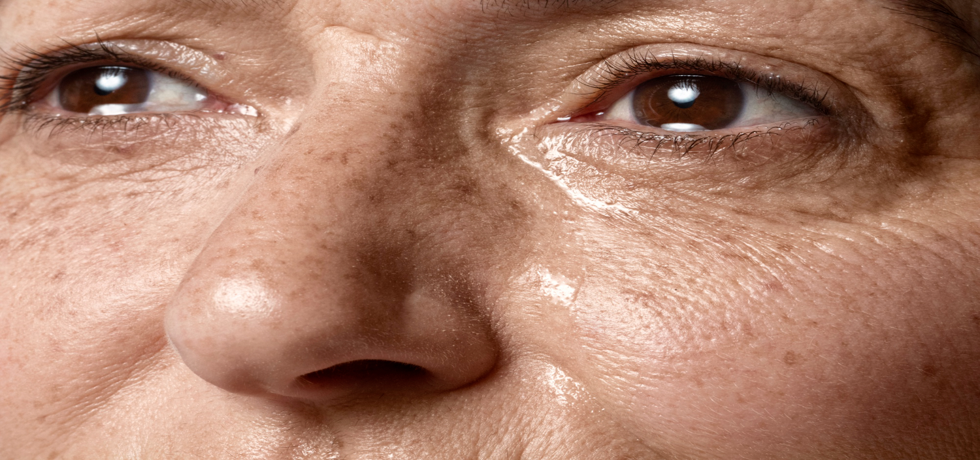
Understanding and Managing Melasma: The Comprehensive Guide
Introduction to Melasma
Melasma is a common skin condition that manifests as dark, irregular patches on the skin, often affecting the face. Commonly referred to as the mask of pregnancy, it can appear at any age and on any skin type. While melasma is not painful or itchy, it can be concerning for many individuals who deal with its effects on their appearance. In this comprehensive guide, we will explore the symptoms, causes, and most effective treatments for melasma, providing you with the understanding needed to manage this skin condition effectively.
What is Melasma?
Melasma is characterized by the development of dark patches, primarily on the face, including areas like the cheeks, forehead, nose, and upper lip. These patches can vary in color from brown to gray. While melasma is most common in women, particularly during hormonal changes like pregnancy or from contraceptive pills, it can also affect men and individuals of any demographic. Understanding melasma is crucial for effective melasma treatment.
Symptoms of Melasma
The primary symptom of melasma is the appearance of dark patches on the skin. These patches are usually symmetrical and may vary in shape. Although melasma does not cause physical discomfort, it can affect a person’s self-esteem, especially when located prominently on the face. Additionally, sun exposure can darken these patches further, highlighting the importance of sun protection in managing melasma.
Causes of Melasma
The exact cause of melasma remains unclear, but hormonal fluctuations during pregnancy or the use of hormonal medications play a significant role. Sun exposure actively contributes to the worsening of melasma, as it stimulates melanin production, leading to dark patches. Individuals with darker skin tones are at a higher risk due to increased levels of melanin. Identifying and understanding these triggers can help prevent melasma from worsening and aid in its treatment.
Effective Treatment Options for Melasma
When it comes to melasma treatment, several effective options are available. Topical creams containing ingredients like hydroquinone or retinoids can help lighten the patches over time. Chemical peels enable the removal of the outer layer of skin to reveal brighter skin underneath, while laser treatments can specifically target dark pigments in the skin for more effective results. Additionally, microneedling can significantly improve skin tone by reducing the appearance of dark spots. Consult a dermatologist for personalized recommendations tailored to your skin type, especially at The Skin Artistry.
Prevention of Melasma
Preventing melasma is paramount for those susceptible to the condition. Wearing broad-spectrum sunscreen daily, even when its cloudy, is crucial. Hats and umbrellas can offer additional protection from harmful UV rays. It’s equally important to steer clear of harsh skin products that can trigger flare-ups and avoid any habits that might lead to skin irritation. By adopting a good skincare routine and being vigilant about sun protection, you can drastically minimize the chances of melasma developing or worsening.
The Takeaway
If you notice dark patches developing on your skin, especially on your face, seeking advice from experienced dermatologists is crucial. The Skin Artistry can help with diagnosis and recommend effective treatments tailored to your specific situation. Don’t hesitate to take actionyour skin deserves care and attention!
FAQs about Melasma
1. Is Melasma a serious medical condition?
Melasma is not serious from a health perspective, but it can affect ones self-image and confidence. Its essential to seek guidance if you are concerned.
2. Can Melasma be cured completely?
While melasma is manageable with treatment, it is not always entirely curable. Consistent preventive measures can help minimize recurrence.
3. Is sunlight a significant risk factor for Melasma?
Yes, sun exposure greatly influences melasma by increasing melanin production, thus reinforcing the need for sun protection.
Melasma is not serious from a health perspective, but it can affect ones self-image and confidence. Its essential to seek guidance if you are concerned.
2. Can Melasma be cured completely?
While melasma is manageable with treatment, it is not always entirely curable. Consistent preventive measures can help minimize recurrence.
3. Is sunlight a significant risk factor for Melasma?
Yes, sun exposure greatly influences melasma by increasing melanin production, thus reinforcing the need for sun protection.
For professional assistance and expert advice from leading dermatologists like Dr. Hital Patel, experience the benefits of understanding and managing melasma with Hair & Skin Specialist Dr. Hital Patel at The Skin Artistry. Our clinics in PDPU Gandhinagar, Vastrapur Ahmedabad and Hyderabad (Visiting Consultant) offer top-quality care and personalized treatments. Visit us today to learn more about our services and take advantage of our special offers! For more insights, updates, or to collaborate, stay connected with The Skin Artistry.

